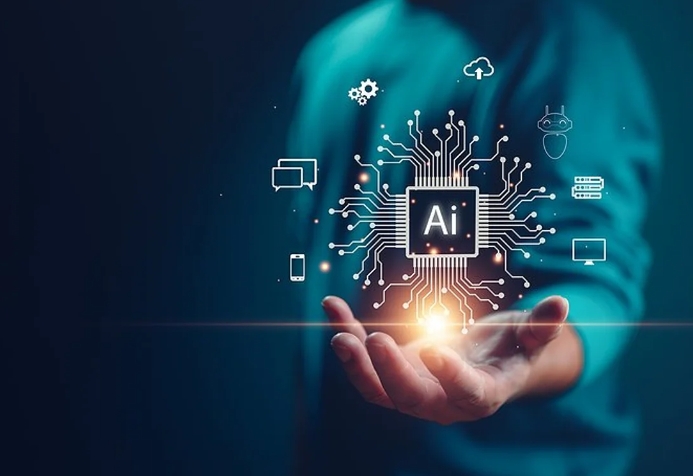Artificial intelligence (AI) technologies are rapidly transforming our lives, businesses, and the way we interact with the world. From virtual assistants on our smartphones to complex algorithms driving entire industries, understanding AI is essential for anyone looking to navigate the modern landscape. In this blog post, we will explore some key AI technologies, their applications, and the potential they hold for the future.
AI in Everyday Life
One of the most relatable applications of AI is found in everyday tools and devices. Popular virtual assistants like Siri, Google Assistant, and Alexa have integrated AI into our homes, making it easier to manage tasks, control devices, and access information. These assistants use natural language processing (NLP) to understand and respond to voice commands, making interactions feel seamless and intuitive. As AI continues to advance, we can expect these interactions to become even more personalized and efficient, enhancing our daily routines and productivity.
Machine Learning: Powering Data-Driven Decisions
Machine learning (ML), a subset of AI, focuses on developing algorithms that enable computers to learn from and make predictions based on data. Businesses increasingly rely on ML for tasks such as customer segmentation, fraud detection, and predictive analytics. For instance, online retailers use ML to analyze purchasing patterns, suggest products, and optimize pricing strategies. The ability to derive insights from vast amounts of data enables companies to make informed decisions, improve customer experiences, and drive revenue growth. As ML technology evolves, the potential applications across various sectors, including healthcare, finance, and logistics, will only continue to expand.
AI in Robotics: Enhancing Automation
Robotics is another exciting frontier for AI technologies, combining physical machines with the intelligence of AI. Automation in industries like manufacturing and logistics has already transformed how products are created and delivered. Robots equipped with AI can perform complex tasks, such as assembly line work or autonomous delivery, with remarkable efficiency and precision. Furthermore, advancements in AI robotics are making strides in sectors like agriculture, where drones equipped with AI can monitor crop health and optimize farming practices. As these technologies advance, we may see even more innovative applications that enhance productivity and safety in various environments.
In conclusion, artificial intelligence technologies are reshaping our world in profound ways. From improving our everyday lives through virtual assistance to revolutionizing industries with machine learning and robotics, AI is becoming an integral part of our daily experiences. To stay competitive and informed, consider exploring further into the world of AI. Whether you’re just curious or ready to embrace these technologies in your personal or professional life, there’s always more to learn!

